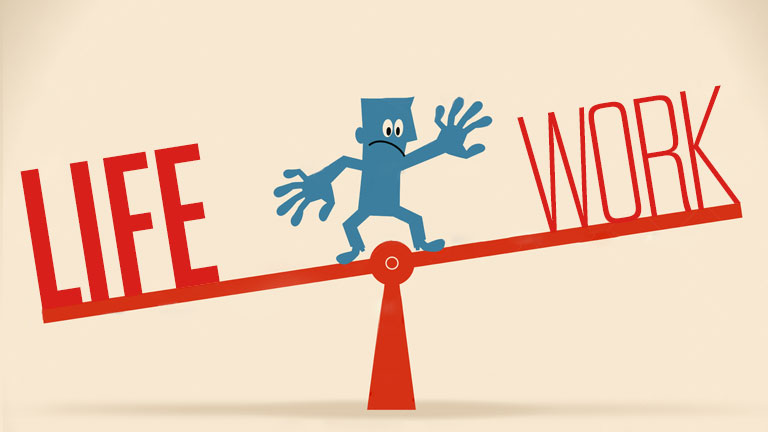
I was speaking to my accountant recently who was boasting about his unwavering work ethic. The drive and sacrifices it took to grow his business from a one-man operation to now, having nearly 20 full time employees. There’s no doubt that this is impressive. However, the road to his success meant very rarely taking a break; and in what could be conceived as another boast, he told me he hadn’t taken a holiday for 17 years. My reaction was perhaps the opposite of what he was expecting, as it was one of confusion and pity, rather than admiration.
In the same week, a lawyer friend of mine was talking about how his boss opened up to him about how his ‘obsession’ with work had led to his marriage breakdown. He was simply never there for his partner or his child.
Whilst very different stories, each time I asked myself the same question. Why would someone sacrifice life for work? Because clearly for some, life IS work. Yes, many people out there are lucky enough to love their job, but it can be a dangerous thing for this to become the be all and end all; for it to define your identity. Why? Because jobs end, and when this happens, it’s important to know who you are outside of the thing that you do.
This isn’t to say drive, motivation, or work ethic is negative, or that you should avoid putting time into a profession that you care about. After all, work is where we spend the majority of our waking life. It’s more about realising that having a life outside of work is important, and no matter how many times you tell yourself you don’t have time for ‘fun’, remember that just like work schedules, meetings and deadlines, life too, can (and must) be scheduled.
Use your annual leave – as travelling enables you to gain knowledge, different perspectives and a lust for life. Hobbies create a diverse, interested and unique individual who can create meaningful interactions. Whilst social connections with friends and loved ones are what will keep you happy and healthy throughout your lifetime. It’s important to make time for these things, as this is what creates a well-rounded person, which will in turn positively impact your work life and work relationships.
If you are in the full-time self-employed category, monitoring you and your loved-ones quality time is paramount. Ensure there are plenty of family/partner ‘micro-breaks’ of days off here or there. Organise a trusted short-term ‘caretaker’ to hold the fort for a few days if you can, or even have a 24/7 virtual assistant do that for you (www.alltel.com.au). Don’t be a slave to your own company if you can help it.
Workplaces are changing. It’s no longer just about promotions and paychecks. There’s now a focus on incentives in the form of extra leave days, flexibility, working from home options, gym memberships, free counselling, paid childcare etc. So it’s likely your employer will be supportive if you say you need to spend time with your children, or you need to take a break. So look at those travel brochures, lock in a night for weekly band practice or gym class, volunteer, have date nights, schedule in the odd afternoon to pick up your kids from school. Your loved ones, and your mental health, will thank you.
Further reading
One of my favourite commentators on this topic is one of the most successful entrepreneurs of our time, Richard Branson. He has many articles about work/life balance, but this one in particular, where he talks about his family being his greatest achievement, is worth a read. I think it makes us realise that if a man like this can make time for his family and his hobbies, then so can we:
My Metric For Success? Happiness.




